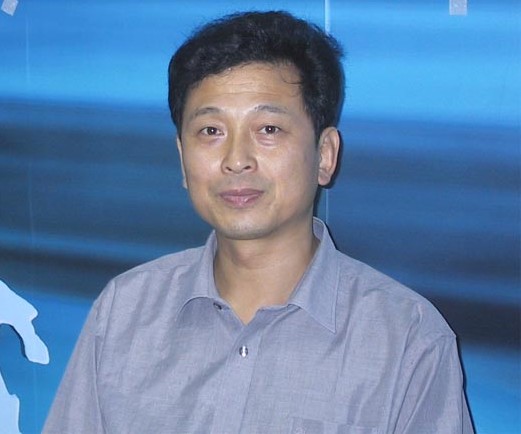News & Events | About PKU News | Contact | Site Search
Peking University, June 1, 2011: PKU Professor Niu Jun published an article titled "Increasing influence in international relations" on Wednesday's 30th anniversary special edition of China Daily. Excerpts follow:

Professor Niu Jun (File photo/People.com.cn)
China's foreign relations have been increasingly expanding since the adoption of the reform and opening-up policy. Its achievements over the past three decades come as precious and thought-provoking lessons for the present and the future, with three major aspects to bear in mind.
First, it is important to have a comprehensive understanding of how international politics develop, and to follow the trend.
The experience of the past three decades proves that China's diplomacy depends on reasonable analysis of that time. It requires drawing close attention to how things are moving, and complying with the change. To grasp the essence of the time, it is necessary to understand how the major tide of international politics moves on.
Chinese leaders hold peace and development as the two overriding issues. Strategic thoughts, as the foundation of China's diplomacy, guarantee the stable development of its relations with foreign countries.
Second, we should be realistic when looking at China's international influence, which needs to be considered from a historical perspective. How we think of it determines the development, and even the success, of China's diplomacy.
The policy of "hiding one's light and keeping a low profile" suggests that China admits it is not the main protagonist on the international stage, and that its influence on the world is limited. And this is not some contemporary tactic, but a strategy coming out of the long-term thinking after China's reform and opening-up.
There is no better proof than China as an emerging power to tell us that only reasonable judgment can guide foreign policy to help our country become a great power. Haste will bring no success.
Third, national interest should always be prioritized when interacting with other countries. Another fundamental experience is that diplomacy preserves and maximizes China's national interest. Now, the challenge is how to remain true to this primary principle.
China's rapid growth has increased its national concerns, and interrelations between various strategic interests are increasingly complicated. Therefore, our diplomatic policy should be more balanced to go right to the essence and prioritize different national interests.
Moreover, the diversified Chinese society brings about splintering classes and groups who desire, think and act in completely different ways. As a result, China's diplomacy has to find a way out of these clashing interests and varied thoughts to distinguish and protect the strategic interest.
And the government relies on more transparent public relations measures to gain public support.
To sum up, what we have achieved in foreign relations over the past three decades is noteworthy. And China will make still further progress in diplomacy.
Niu Jun is a professor at the School of International Studies, Peking University.
Extended Reading:
Wang Jisi: China's search for a grand strategy
Edited by: Jacques
Source: China Daily